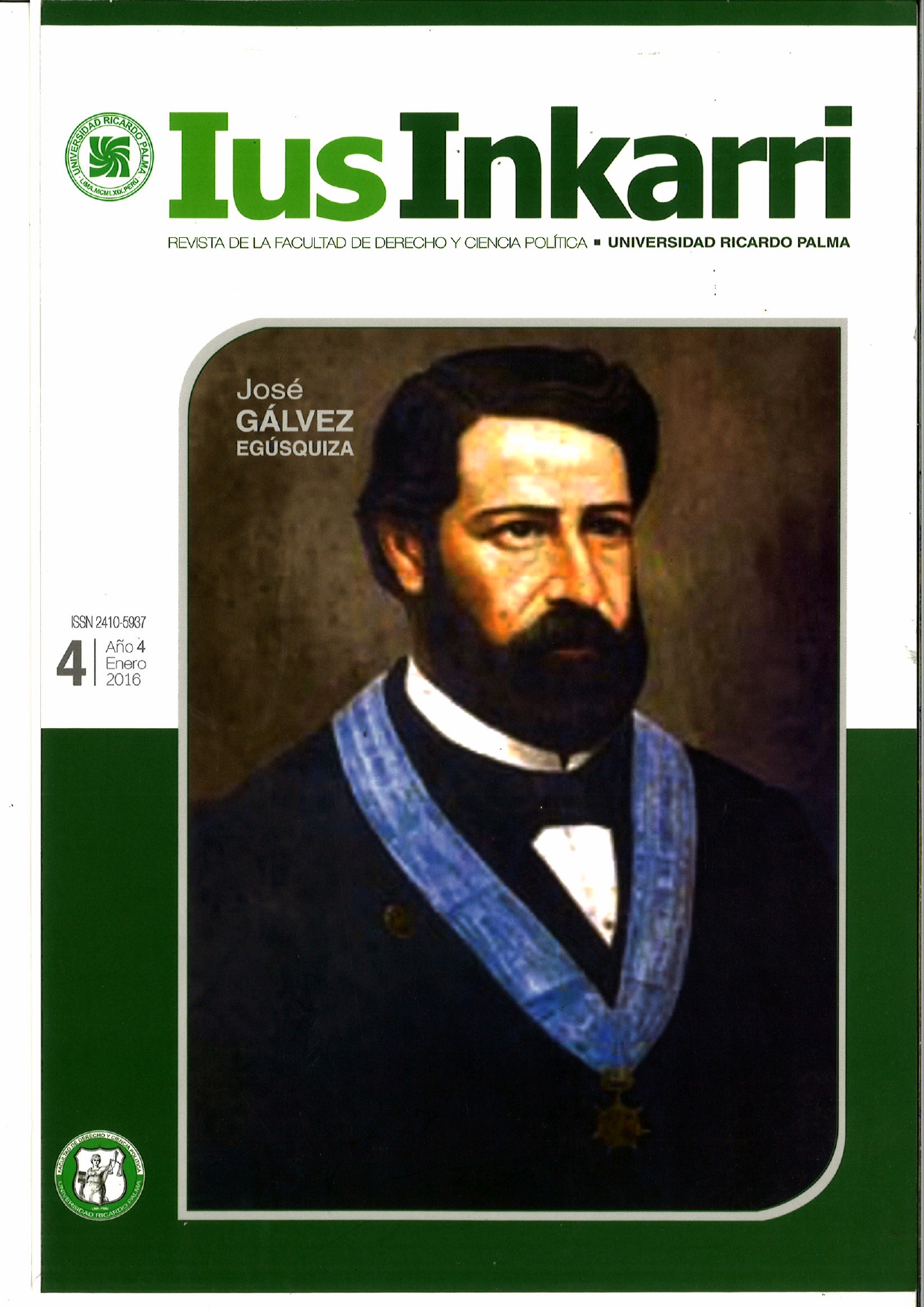Is the distinction between nullity and non-existence in legal business useful? (A critical analysis of being and not being of acts of private autonomy)
DOI:
https://doi.org/10.31381/iusinkarri.vn4.4170Keywords:
legal act, legal business, nullity, none, legal order, validity, ineffectivenessAbstract
In this article we try to differentiate between annulment and non-existence of the measure. The existence, validity and effectiveness three levels to understand the dynamics of business legal experience are recognized. So, before checking if we are faced with a valid or invalid business, we must first determine whether the business actually exists or not. Only existing businesses can be qualified as valid or invalid. After verifying whether the business is valid or invalid, it should analyze their effectiveness. It is noted, therefore, that the absence would be the first “condition” that could be noticed when trying to evaluate a transaction. In essence, there is talk of non-legally to designate “something” which, although presented in the reality of the facts, in the sense experience ¡s invaluable and invisible to the legal system primarily because there is no rule that somehow anticipated. However, rightly, it has argued that the classical notion of legal absence is inaccurate or misleading, being more convenient to speak of “legal irrelevance”. In this regard, it is noted that frowned things, for law is not so important that something actually exists or not, but the possibility that something to influence human interests. 1f these interests are taken into account by the system to provide a particular care or protection, that something will have legal significance, otherwise no. A phenomenon that affects interests that are indifferent to the system, no legal relevance.
Downloads
Downloads
Published
How to Cite
Issue
Section
License
Copyright (c) 2021 Fort Ninamancco Córdova

This work is licensed under a Creative Commons Attribution 4.0 International License.













